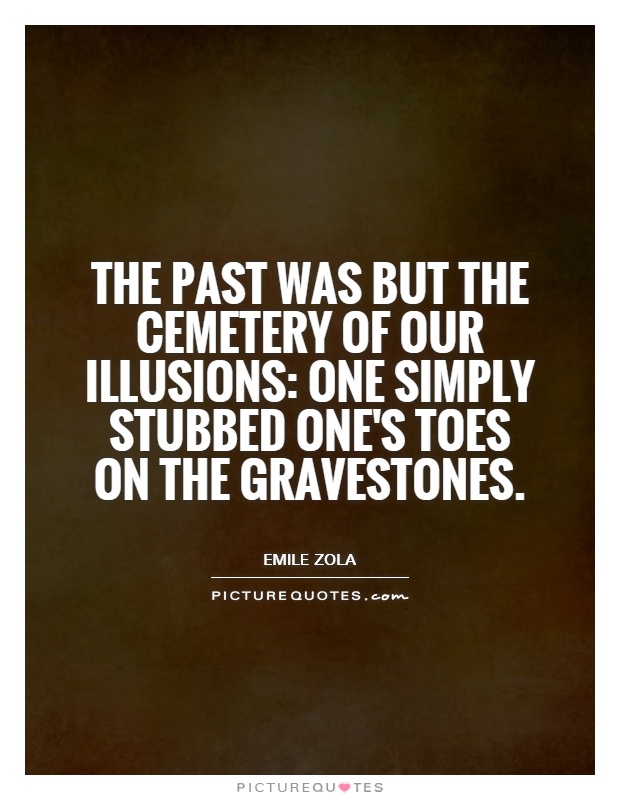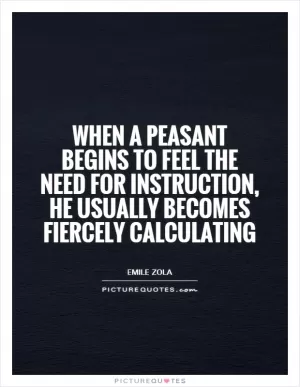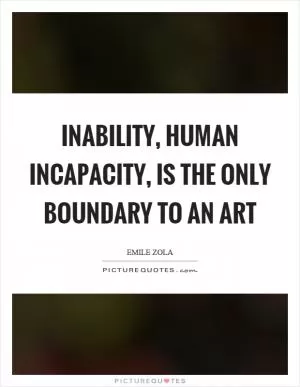The past was but the cemetery of our illusions: one simply stubbed one's toes on the gravestones

The past was but the cemetery of our illusions: one simply stubbed one's toes on the gravestones
Emile Zola, the renowned French writer and critic, was known for his realistic and often pessimistic view of society and human nature. In his works, he often explored the darker aspects of life, exposing the hypocrisy and corruption that lurked beneath the surface of polite society. One of his most famous quotes, "The past was but the cemetery of our illusions: one simply stubbed one's toes on the gravestones," encapsulates this theme perfectly.Zola believed that the past was a graveyard of broken dreams and shattered illusions. He saw history as a record of human folly and delusion, a chronicle of the ways in which people deceive themselves and each other. In his novels, such as "Germinal" and "Nana," he depicted the harsh realities of life for the working class and the moral decay of the upper classes. He exposed the lies and pretensions that people used to hide their true selves, showing how these illusions ultimately led to their downfall.
For Zola, the past was not something to be revered or romanticized, but rather something to be confronted and understood. He believed that only by facing the truth of our history could we hope to build a better future. By acknowledging the mistakes and failures of the past, we could learn from them and avoid repeating them in the present.
In the context of Zola's own life, this quote takes on added significance. Zola was a controversial figure in his time, often at odds with the establishment and the prevailing social norms. He was a fierce critic of the French government and the Catholic Church, and his writings were frequently censored and banned. Despite facing persecution and exile, Zola remained true to his principles and continued to speak out against injustice and hypocrisy.












 Friendship Quotes
Friendship Quotes Love Quotes
Love Quotes Life Quotes
Life Quotes Funny Quotes
Funny Quotes Motivational Quotes
Motivational Quotes Inspirational Quotes
Inspirational Quotes